The Women Building Miami’s CRE Future
Local leaders share insights on their professional journeys and what’s ahead for the city.
Shortly after the onset of the pandemic, Miami experienced a real estate boom, fueled by large companies relocating or expanding their footprint within the city. The rise in remote work has given employees more freedom to choose where they want to live and work from, injecting further growth into the market.
From leading efforts to attract financial and tech firms to the city, to building office buildings for the companies growing in South Florida, these four women—Amarjit Bains, executive vice president & national director at JLL, Mili Reyes Briggs, project manager at Skanska, Miami Downtown Development Authority Executive Director Christina Crespi and Ligia Labrada, CREW Miami president and founder of UNUM Consulting—are helping to shape the future of the local community.
Leading women
Bains joined JLL in 2002 after immigrating from the United Kingdom to Miami. She started off as a temporary receptionist, then joined the firm’s property management team. Today, she manages more than 3 million square feet of Class A office space, including Nuveen Real Estate’s portfolio in the Southeast and NRE’s suburban assets in Miami’s Waterford Business District.
“I see myself to be a very organized individual in all areas of my life, but my accounting background has assisted in my success in property management,” said Bains. “A lot of what we do in property management is based on accounting principles.”
Her upbringing has also been an asset throughout her career—she’s of Indian descent and grew up participating in many family gatherings, something that helped shaped her focus on creating a hospitality experience at each of the office properties she currently oversees.
READ ALSO: Why Miami Beach’s Office Market Is Booming
Similarly, Briggs was taught from a young age what kind of strength and perseverance it takes for women to thrive in the industry. She is a Honduran woman who joined the construction sector eight years ago and has worked her way up to serve as a project manager for Skanska.
“Having watched my father work as a civil engineer in Honduras designing farm irrigation systems and building civil and infrastructure projects I gained valuable, hands-on experience that sparked my passion for the positive impact the construction industry has in building better communities,” said Briggs. The experiences also helped her navigate college, where she was the only woman in a class of 72 students.
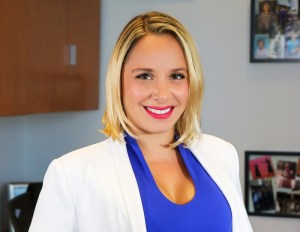
Christina Crespi, Executive Director, Miami Downtown Development Authority. Image courtesy of Miami Downtown Development Authority
Crespi was appointed as executive director of the Miami Downtown Development Authority (DDA) less than one month after the pandemic hit. Prior to that, she worked in public service for more than 15 years. During her time with Miami-Dade County, she spent five months of her tenure in disaster recovery, which proved helpful in 2020—and continues to be—in how she approaches the health crisis.
As the pandemic began to unfold, Crespi directed the Miami DDA to focus almost exclusively on promoting health and hygiene, educating the community about the importance of social distancing. She also contributed to providing immediate relief to small businesses and initiated the “Follow the Sun” campaign, offering new-to-market companies up to $150,000 in exchange for opening a business in downtown Miami and creating new jobs to help the local economy get back on track post-pandemic.
Labrada currently serves as president of CREW Miami. “Every experience has been a building block (unknowingly) which has supported the organic nature of my career,” she said. Nearly 20 years of hands-on experience in every aspect of architecture, construction, project management and business development laid a strong foundation for her to start her own company, UNUM Consulting, in 2019.
C-Level: Opportunities & challenges
Men still dominate the real estate industry, with commercial real estate in particular being thought of as a “boy’s club,” Crespi noted. However, Labrada is optimistic this is beginning to change with the amount of women-centric professional organizations and support groups such as CREW Miami and Girl Boss, where women have the support systems, mentors and resources to bounce ideas and concerns in a safe space.
READ ALSO: What Are Office Tenants Looking for in South Florida?
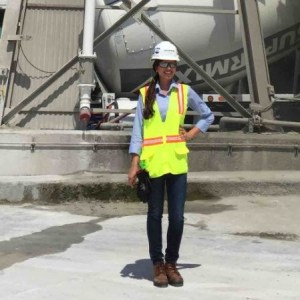
Mili Reyes Briggs, Project Manager, Skanska. Image courtesy of Skanska
As she was rising through the ranks in property management, Bains recalled times where she was the only woman at the table during meetings about capital improvements, mechanical, engineering and construction projects, and it often left her feeling intimidated. To get through it, she focused on learning best practices within those fields. “Knowledge and successful results are a powerful combination,” she said.
However, there are still obstacles at the executive level, where men are often promoted to C-level positions with heavy weight placed on their potential, while women have to prove themselves twice as much with both potential and experience, Briggs pointed out. Additionally, a lack of exposure to construction-related jobs at a younger age, when women are often considering career paths, has contributed to fewer women in those roles.
Leading Miami into post-pandemic recovery
Considering the growing number of out-of-market office tenants that are choosing Miami as their new home, Bains’ vision for the market is long-term. Many of the office properties she oversees are undergoing multimillion-dollar renovations, such as 701 Brickell and 801 Brickell in the Brickell Financial and the Waterford Business districts.
“In South Florida, you can see construction projects on almost every block you pass, whether it’s a condo, hospital or office building. Miami is very appealing both nationally and internationally—from getting Beckham’s MLS soccer team last year to Formula 1’s Miami Grand Prix race coming to the city next year—these are examples of investments that make it a vibrant city with more to offer than other cities in the U.S.,” said Briggs.
Meanwhile, the Miami DDA is focused on retention and recruitment of both businesses and talent to downtown Miami—especially those in the finance and tech industries. Looking ahead, Crespi is laser-focused on downtown Miami’s long-term recovery—and on solidifying its position as the Wall Street of the South.
“Miami is one of the only cities founded by a woman, Julia Tuttle, and continues to be built and led by other women with a similar mindset and vision,” she said.
The city’s public and private sectors have poured billions into new transit systems, new parks and museums and street-level upgrades, designed to make the urban core more attractive to employees and residents alike. Current projects include a redevelopment of downtown’s Flagler Street, led by a coalition including The City of Miami, Miami-Dade County, Miami DDA and Flagler Street property owners; the Underline, a 10-mile park and urban trail taking shape under a Metrorail line; and Miami Worldcenter, the largest mixed-use development currently under construction in the U.S.
One of the things Labrada missed the most when she moved from New York to Miami more than two decades ago was the arts and culture scene. However, she believes Miami has finally matured to a point where the city has comparable options in its art, music and dining scenes. What’s more, she’s eager to see the city develop into the next tech hub.
Just as she has seen the commercial real estate industry start to shift and normalize women on construction sites, other industries are also making changes. She believes social media has catapulted this exposure and growth, with women-led businesses using these online platforms to their advantage to reach their market.
“I am optimistic the business world will look very different for my daughter in the future,” she said.

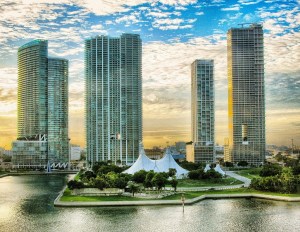
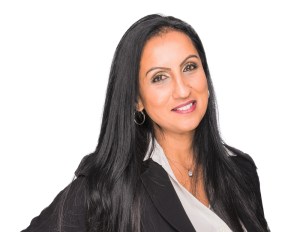

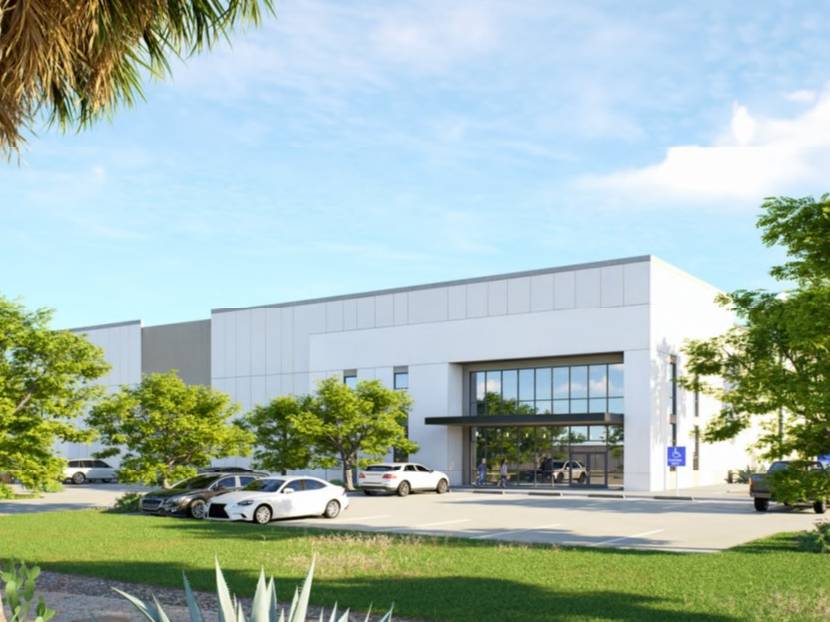

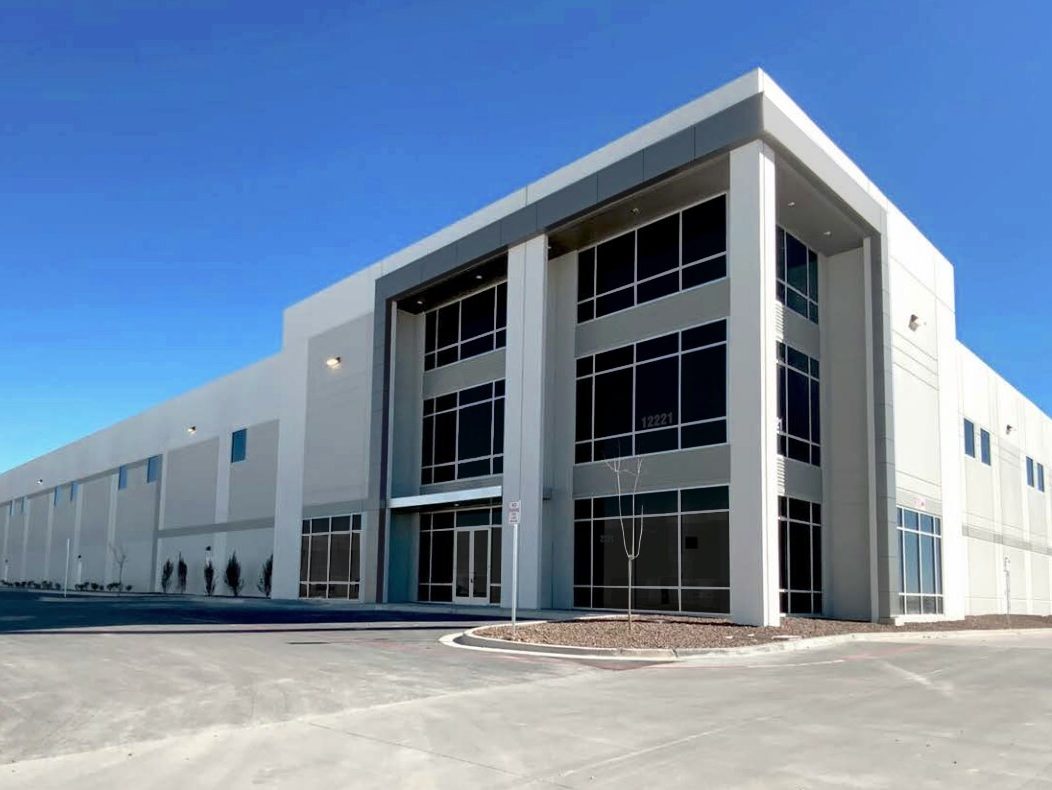
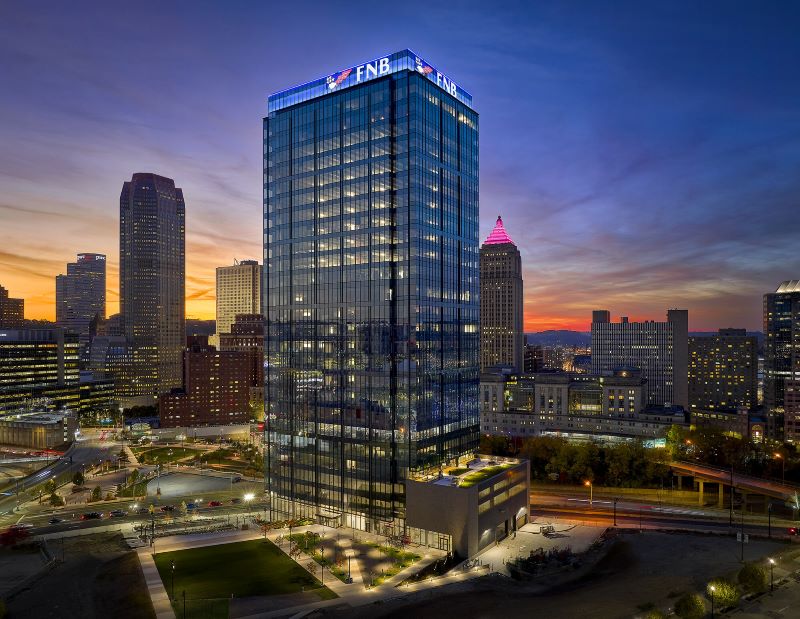

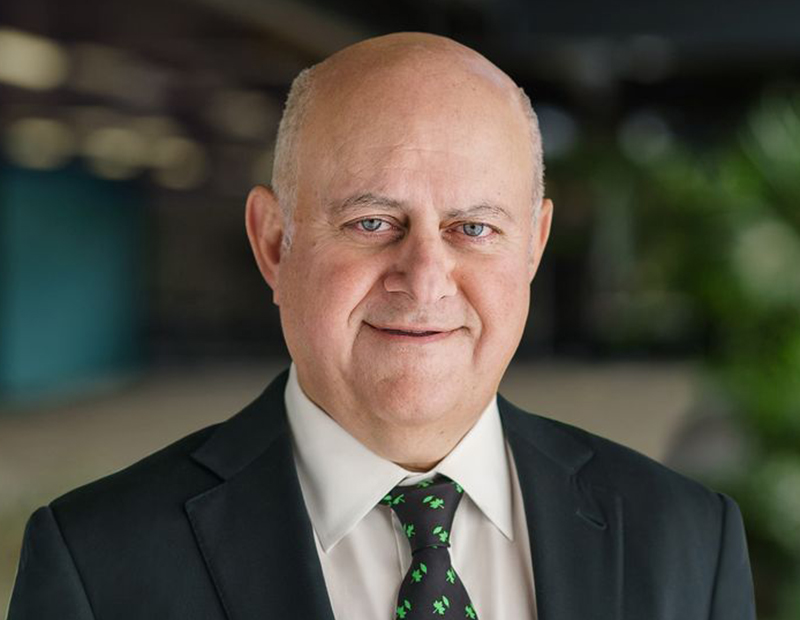
You must be logged in to post a comment.